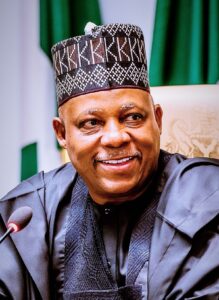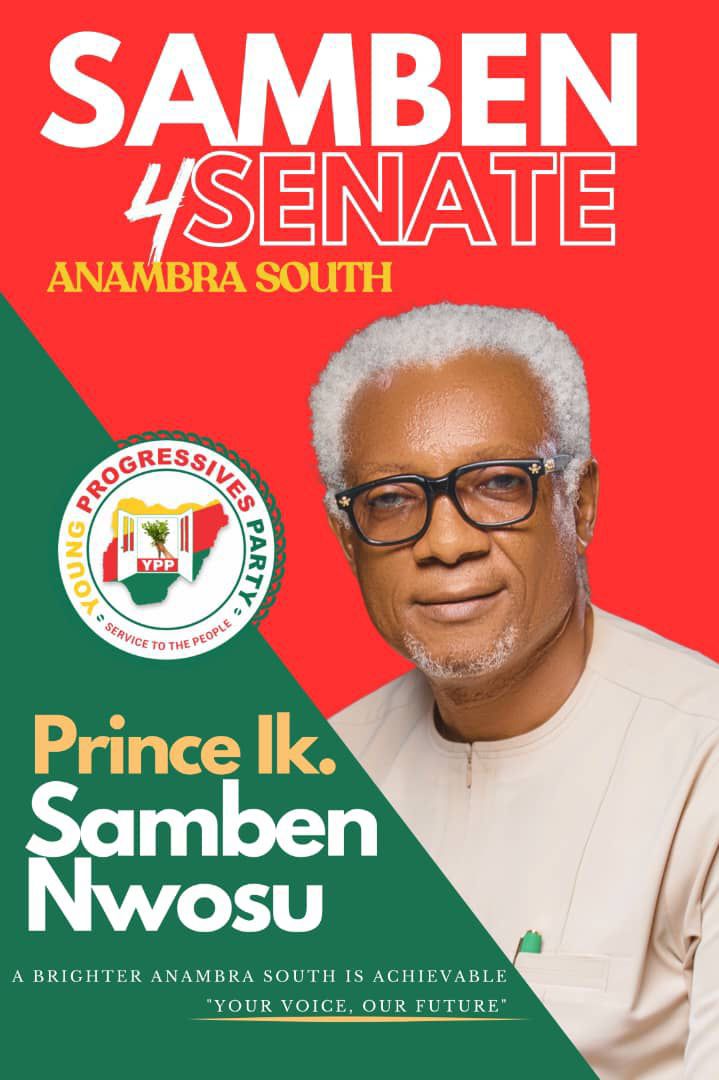
Vice President Kashim Shettima on Tuesday advanced the debate on Nigeria’s current federal structure, saying that the flaws being associated with it are largely a function of poor fiscal management.
Shettima who made the remarks at the 7th Annual LEADERSHIP Newspaper Conference and Awards held at the Banquet Hall of the State House, Abuja, was assertive that fiscal irresponsibility rather than the structure of federalism is at the centre of governance challenges in the country.
Delivering a keynote address on the theme, “Challenges and Opportunities in Nigeria’s Fiscal Federalism,” the Vice President said:
“The Nigerian challenge lies less in the structure of our federalism and more in the deficit of our collective fiscal responsibility,” Shettima said.
“The issue is not merely how much each federating unit accrues, but how judiciously such resources are utilised.”
Represented by his Special Adviser on General Duties, Aliyu Modibbo Umar, Shettima commended LEADERSHIP Newspaper for providing a platform where “ideas are not only exchanged but legacies shaped,” and used the opportunity to highlight ongoing reforms under the Tinubu administration aimed at deepening accountability and improving service delivery at all levels of government.
He listed the key reforms to include the push for local government autonomy as a crucial step in bringing governance closer to the people.
Accordingly, the Vice President lauded the Supreme Court’s recent pronouncements affirming this autonomy, describing them as a critical milestone in building a truly functional federation.
“This is how we make the federation functional: by bringing governance closer to the people,” he noted.
He, however, cautioned against drawing unnecessary comparison between Nigeria’s governance model of those of foreign democracies, suggesting that stakeholders should pursue a uniquely Nigerian model of federalism rooted in accountability, dialogue, and national development.
“No federal system is perfect. Every federation evolves.”
“We must resist the temptation to prescribe imported solutions that fail to account for our distinct social, ethnic, and demographic complexities,” he said.
He acknowledged the administration’s bold fiscal steps—including the removal of fuel subsidies and the introduction of tax reforms—as necessary measures to build a fiscally responsible federation.
“What matters most to everyday Nigerians is not the abstract theory of federalism but whether governance delivers water, electricity, schools, roads, and hospitals,” the Vice President said.
Shettima also congratulated the award recipients at the event, calling their recognition both “a celebration and a call to duty,” and encouraging them to exemplify integrity, innovation, and impact in public and private service.
“Nigeria needs more than policy. Nigeria needs patriots—citizens, leaders, and institutions ready to be counted when it matters most,” he said.
The awards cut across industry, banking, environment and governance among others






